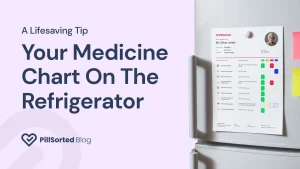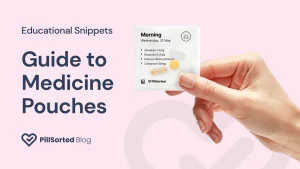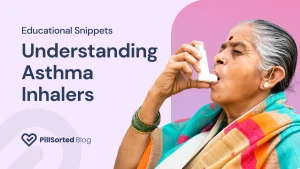Travel Tips to Avoid Malaria
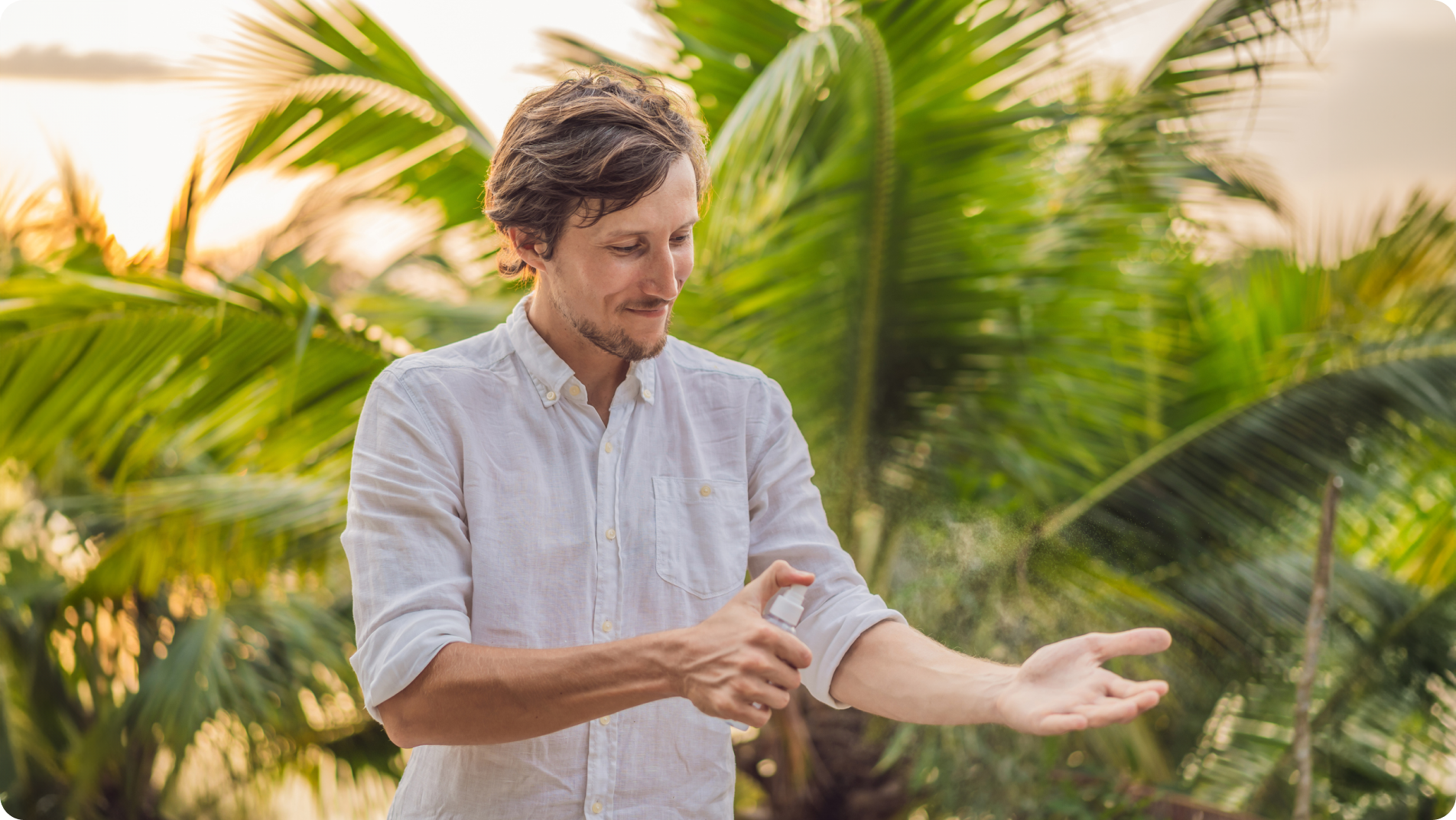
Are you planning an adventure to a tropical paradise or exploring off-the-beaten-path destinations? While traveling is an exhilarating experience, it’s essential to take precautions to protect yourself from malaria, a potentially life-threatening disease transmitted by mosquitoes in certain regions of the world.
In this article we’ll give you the essential travel tips you need to help you avoid malaria and, just as importantly, let you know what doesn’t work too.
In this post:
- Understand the risk
- Take antimalarial medications
- Avoid mosquito bites
- Use insect repellent
- Sleep under mosquito nets
- Wear protective clothing
- Seek medical attention
- What doesn’t work
- Malaria Travel Dos & Don’ts
Understand the risk
Preferable 8 weeks before you leave on your journey, research the malaria risk in your destination. Malaria is prevalent in many tropical and subtropical regions, including parts of Africa, Asia, Latin America, and the Middle East. The most clinically dangerous of the malaria parasites, is widespread in Africa south of the Sahara and throughout the world’s tropics. Consult with a pharmacist, GP, or visit a travel clinic to get personalized advice on preventive measures and antimalarial medications.
Take antimalarial medications (chemoprophylaxis)
If you’re traveling to an area with malaria, take antimalarial medications as prescribed by a healthcare provider. Also referred to as chemoprophylaxis, these are the medicines used to help prevent malaria and can be very successful when taken exactly as recommended and for the right duration of time.
Different anti malaria drugs are used based on the drug sensitivity of the mosquitos in each area. And no antimalarial drug is 100% effective. But they can significantly reduce your risk of contracting malaria when taken correctly. Start taking the medication before your trip, as recommended, and continue taking it for the specified duration after your return. Remember to follow the dosage instructions and complete the full course of treatment to ensure effectiveness.
Avoid mosquito bites
Take proactive measures to avoid mosquito bites during your travels. Stay indoors during peak mosquito activity times, such as dawn and dusk, if possible. Use air conditioning or fans to keep rooms cool and discourage mosquitoes from entering. Avoid areas with stagnant water, such as ponds, swamps, and puddles, where mosquitoes breed. Be vigilant and proactive in protecting yourself from mosquito bites at all times.
Use insect repellent
Protect yourself from mosquito bites by using insect repellent containing DEET (no advantage from concentrations higher than 50%, but must be 20% or higher), picaridin, or oil of lemon eucalyptus. Apply the repellent to exposed skin and clothing, following the product instructions carefully. Reapply as needed, especially after swimming or sweating. Always apply insect repellent after sunscreen.
Additionally, consider treating your clothing with permethrin, an insecticide that repels and kills mosquitoes upon contact. Always read the label and product information before you use any kind of these kinds of biocides.
Effective insect repellents include:
- DEET 20-50% gives 6-12 hours of protection
- Picaridin 20% is an alternative to DEET and has a similar duration of protection to 20% DEET
- Lemon eucalyptus oil is effective, but needs frequent reapplications
Sleep under mosquito nets
When staying in malaria-endemic areas, sleep under insecticide-treated bed nets to create a physical barrier between you and mosquitoes while you sleep. Ensure that the bed net is free for tears properly installed and tucked securely under the mattress to prevent mosquitoes from entering. If the accommodation doesn’t provide bed nets, consider bringing your own lightweight and portable mosquito net for added protection.
You can also spray the insect repellents we mentioned earlier or an insecticide such as permethrin onto your mosquito net each night for extra protection and to kill any resting mosquitoes.
Wear protective clothing
Minimize exposed skin by wearing long-sleeved shirts, long pants, and socks, especially during dawn and dusk when mosquitoes are most active. Choose lightweight and breathable clothing to stay cool in hot and humid climates, or while sleeping, to still providing adequate protection against mosquito bites. Consider treating your clothing with permethrin for added repellent properties.
Seek medical attention
If you develop symptoms such as fever, chills, headache, muscle aches, or fatigue during or after your trip to a malaria-endemic area, seek medical attention promptly. Be aware of these symptoms during your trip, and even several weeks, months and up to a year after you return. Inform your healthcare provider about your travel history and potential exposure to malaria so that appropriate diagnostic tests and treatment can be provided. Early diagnosis and treatment are crucial for managing malaria effectively and preventing complications.
What doesn’t work
Certain remedies and products, often touted to work as malaria prevention, have been debunked by scientific evidence. Understanding what doesn’t work is crucial to staying healthy, and in some cases, to avoiding death.
Popular but ineffective malaria prevention practices include:
- Homeopathic remedies
- Savory yeast extract spread, garlic, marmite, vitamin B-1, vitamin B-12
- Electronic mosquito repellents
- Some natural repellents, such as tea tree oils, bath oils, and citronella (effective for only 30-60 minutes, and reapplication is needed too frequently for citronella to be recommended)
Pharmacy Travel Toolkit
Consult your pharmacist about which anti malarial medicines you should take. Some are available over-the-counter and others are not. Either way you will need to follow a specific routine that can start as much as 8 weeks before you travel.
Here are some other travel products you may want to stock up on before you go. These will not protect you from malaria, but hey can help make your trip more comfortable in general.

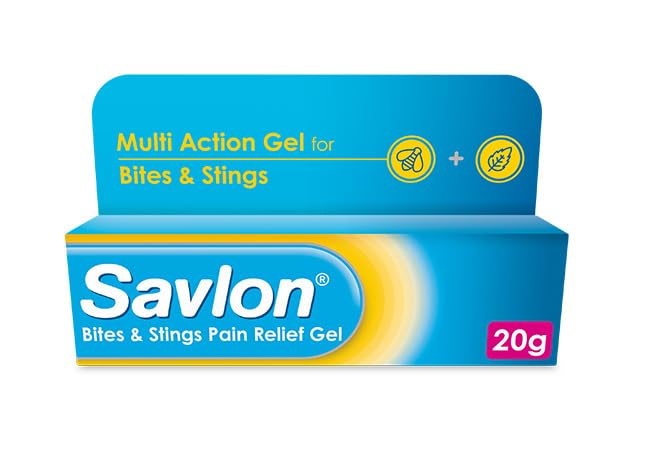
Savlon Bites & Stings Pain Relief Gel – 20g
Savlon Bites and Stings Gel is ideal for treating insect bites and stings, providing fast relief from pain and irritation while guarding against infection.
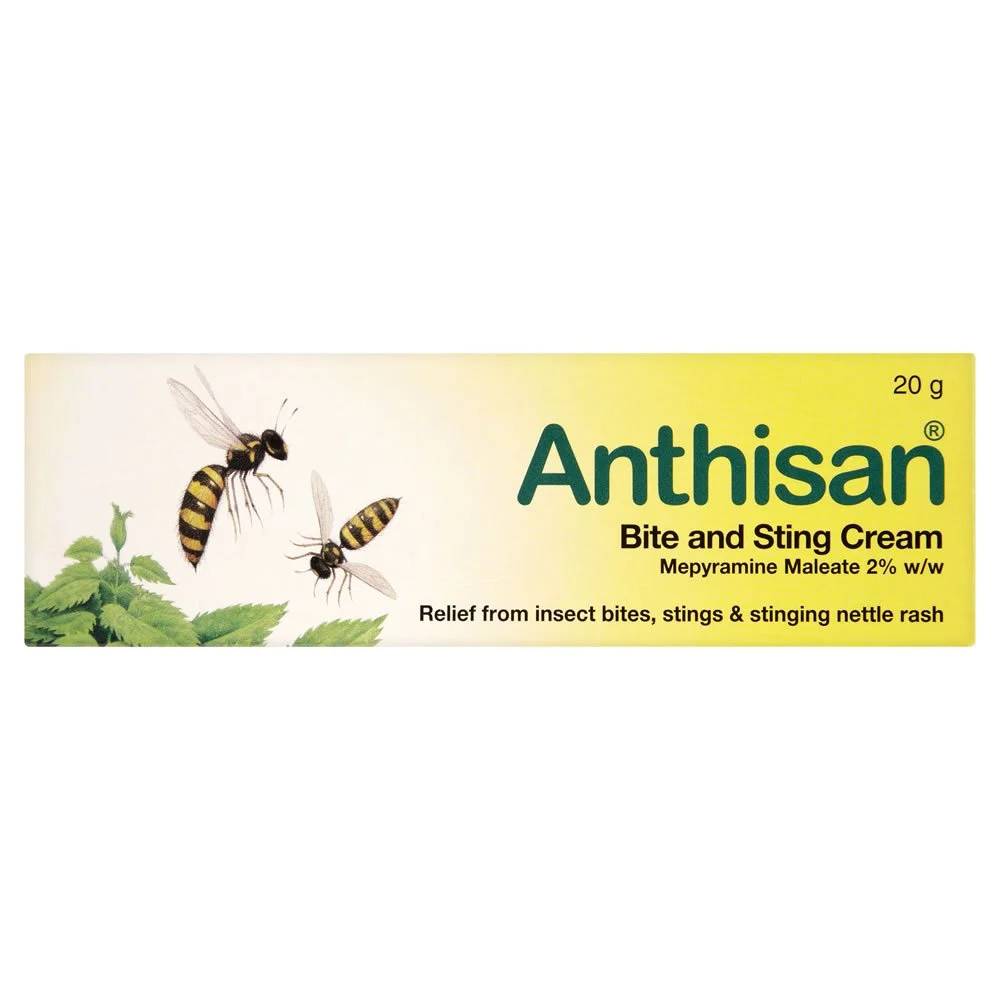
Anthisan Bite and Sting Relief Cream – 20g
Anthisan Cream Relief is a cream designed to provide relief from itching, swelling, and irritation caused by insect bites and stings.
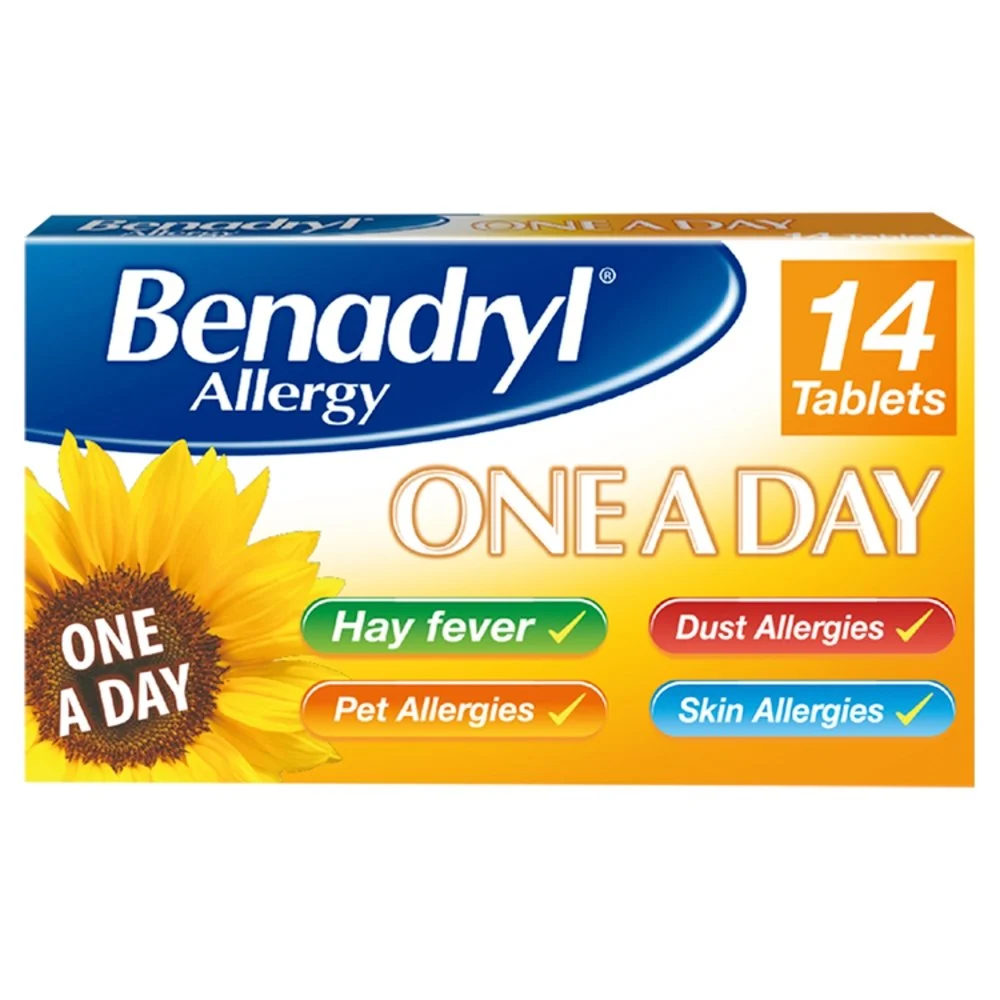
Benadryl 10mg One a Day – 14 Tablets
Benadryl Allergy One A Day tablets provide effective relief from hay fever and allergy symptoms, helping you stay comfortable during allergy flare-ups.
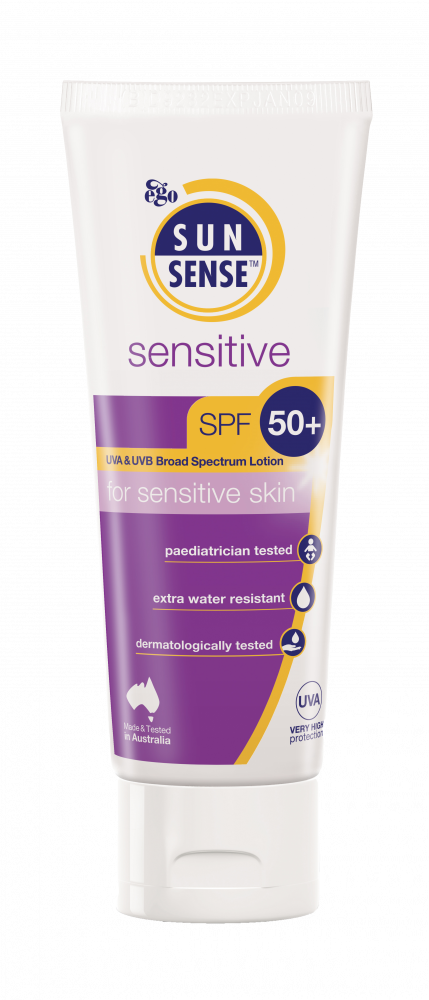
Sunsense Sensitive UVA & UVB Broad Spectrum Lotion SPF50+ – 100g
Sunsense Sensitive is a sunscreen lotion specifically formulated for sensitive skin.
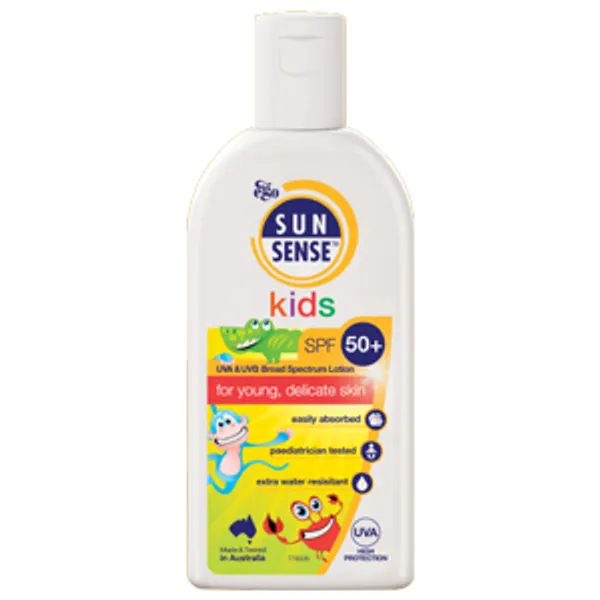
SunSense Kids SPF 50+ – 125ml
SunSense Kids SPF 50+ is a sunscreen specially designed for children from 6 months. It provides high-level sun protection with its SPF 50+ rating, shielding their delicate skin from harmful UVA and UVB rays. The sunscreen is fragrance-free and suitable for sensitive skin and everyday use. It is also water-resistant, making it an essential sunscreen for outdoor activities and sun exposure.
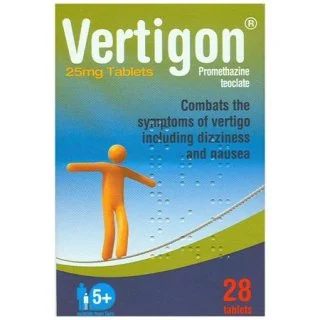
Vertigon 25mg – 28 Tablets
Prevents and alleviates the signs of vertigo and motion sickness, including nausea, dizziness, headaches, and vomiting.
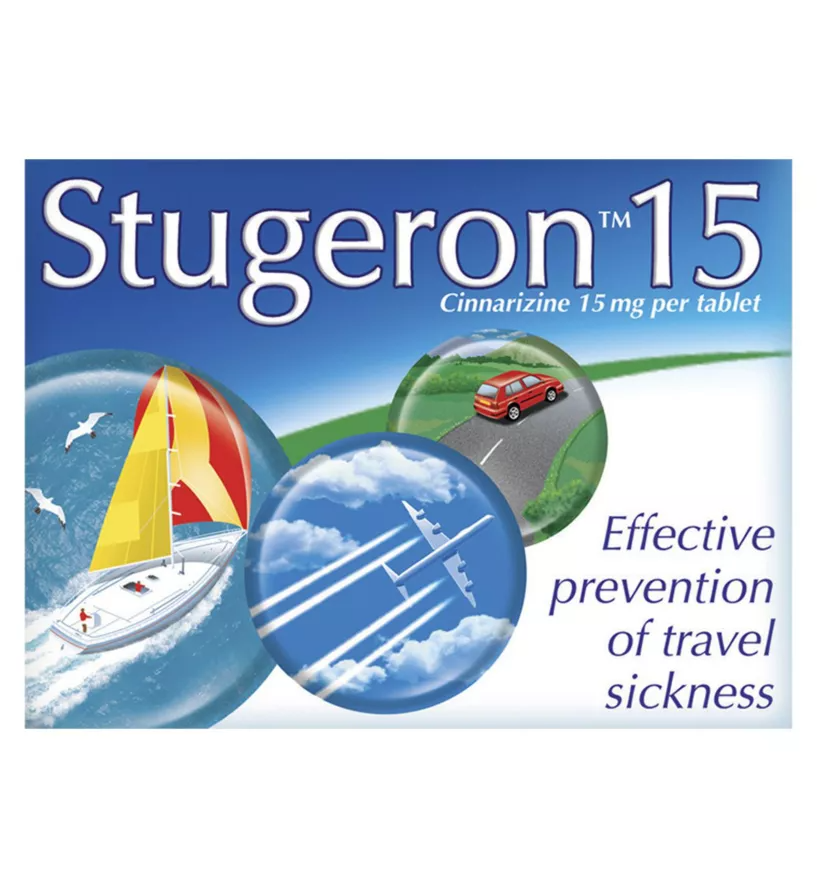
Stugeron – 15 Tablets
Stugeron Tablets are a medication commonly used to alleviate symptoms associated with motion sickness and vertigo.
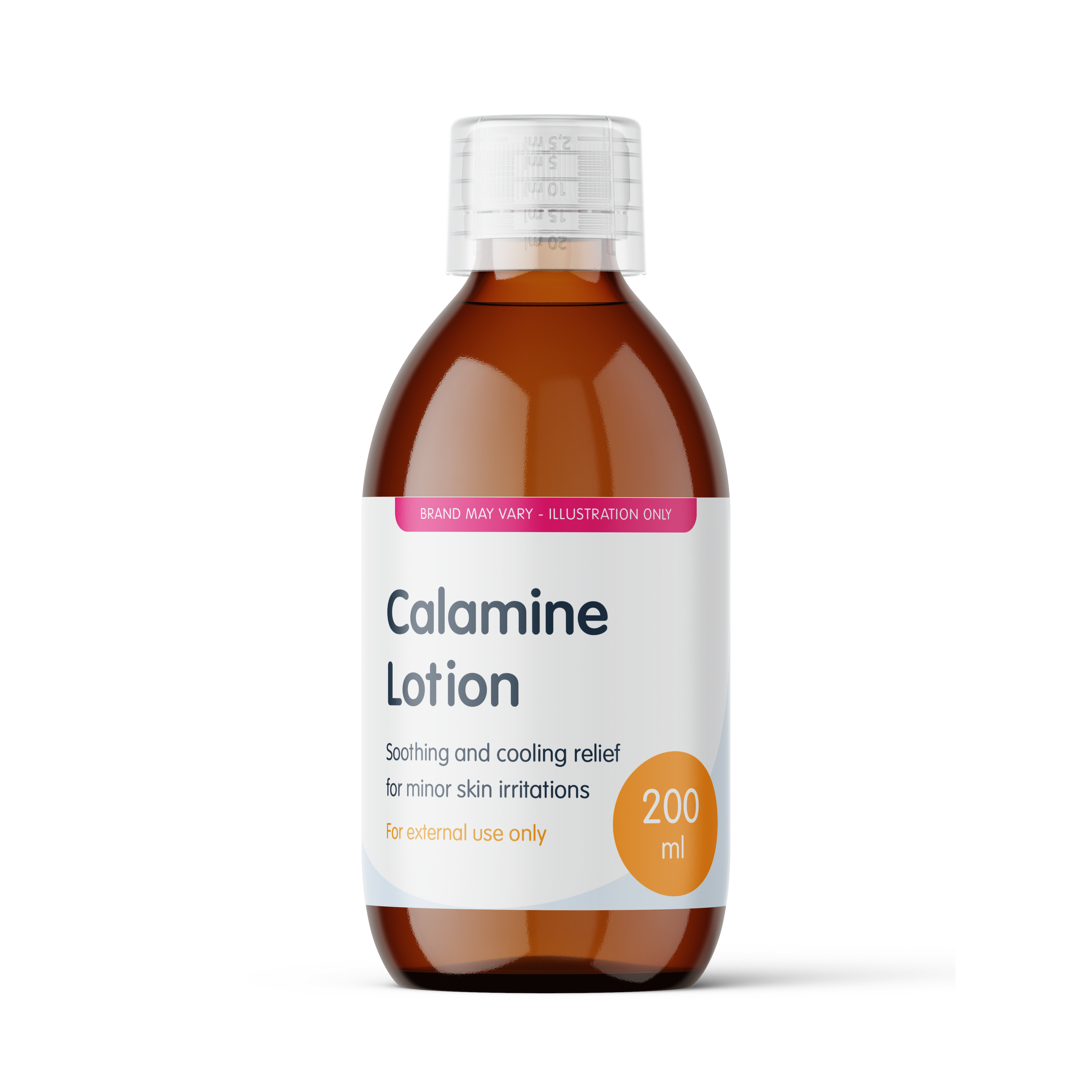
Calamine Lotion – 200ml
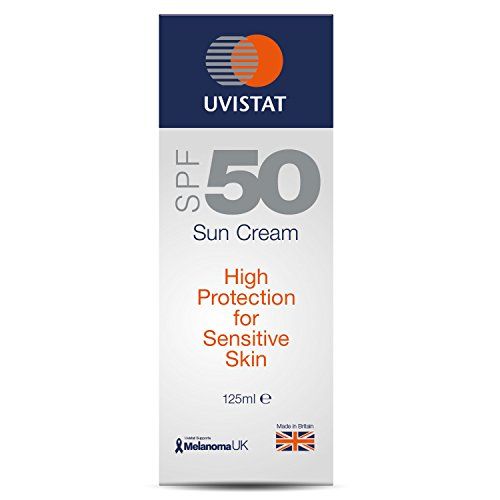
Uvistat Sun Cream SPF 50 – 125ml
Uvistat Sun Cream SPF 50 has a 100% fragrance free formula protecting against UVA and UVB sunlight. Ideal for sensitive skin and most skin types, being recommended by dermatologists and skin clinics. It is quickly absorbed, moisturising and water resistant.
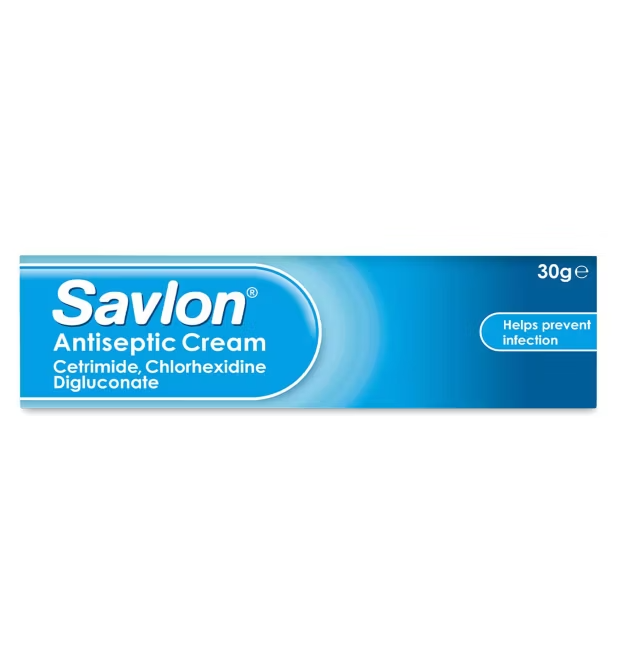
Savlon Antiseptic Cream – 30g
Savlon Antiseptic Cream is a versatile product that helps prevent infection in various skin conditions. It is effective for cuts, grazes, insect bites and stings, sore or chapped skin, blisters, burns, spots, and minor sunburn.
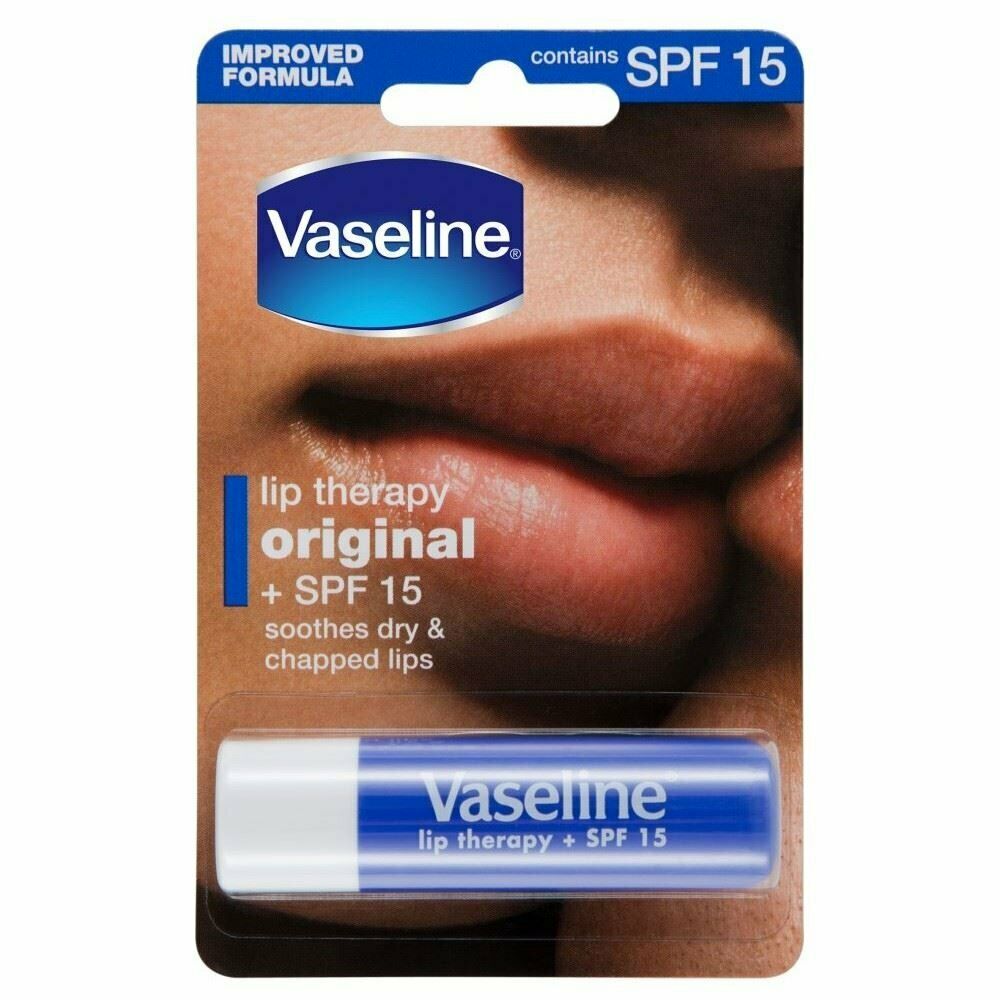
Vaseline Lip Therapy + SPF 15 Original Stick
Vaseline Lip Therapy + SPF 15 Original Stick is a lip care product that provides protection and relief for dry and chapped lips.
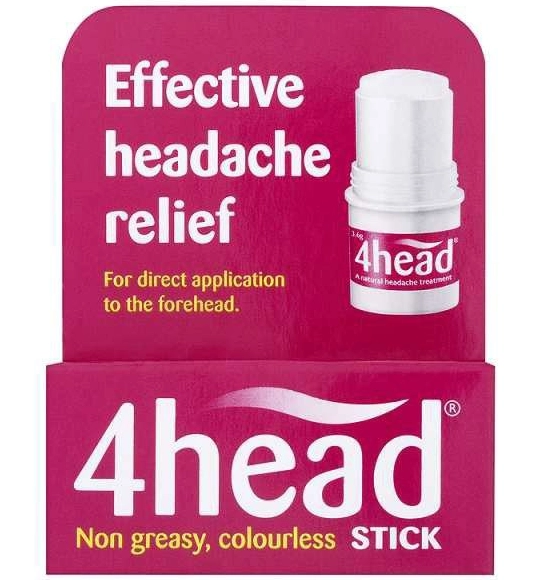
4Head Effective Headache Relief Stick – 3.6g
4Head Effective Headache Relief Stick is a great way to alleviate headache discomfort without having to take pills. To use it, directly apply the stick on the forehead. The active ingredient in 4Head Effective Headache Relief Stick is levomenthol.
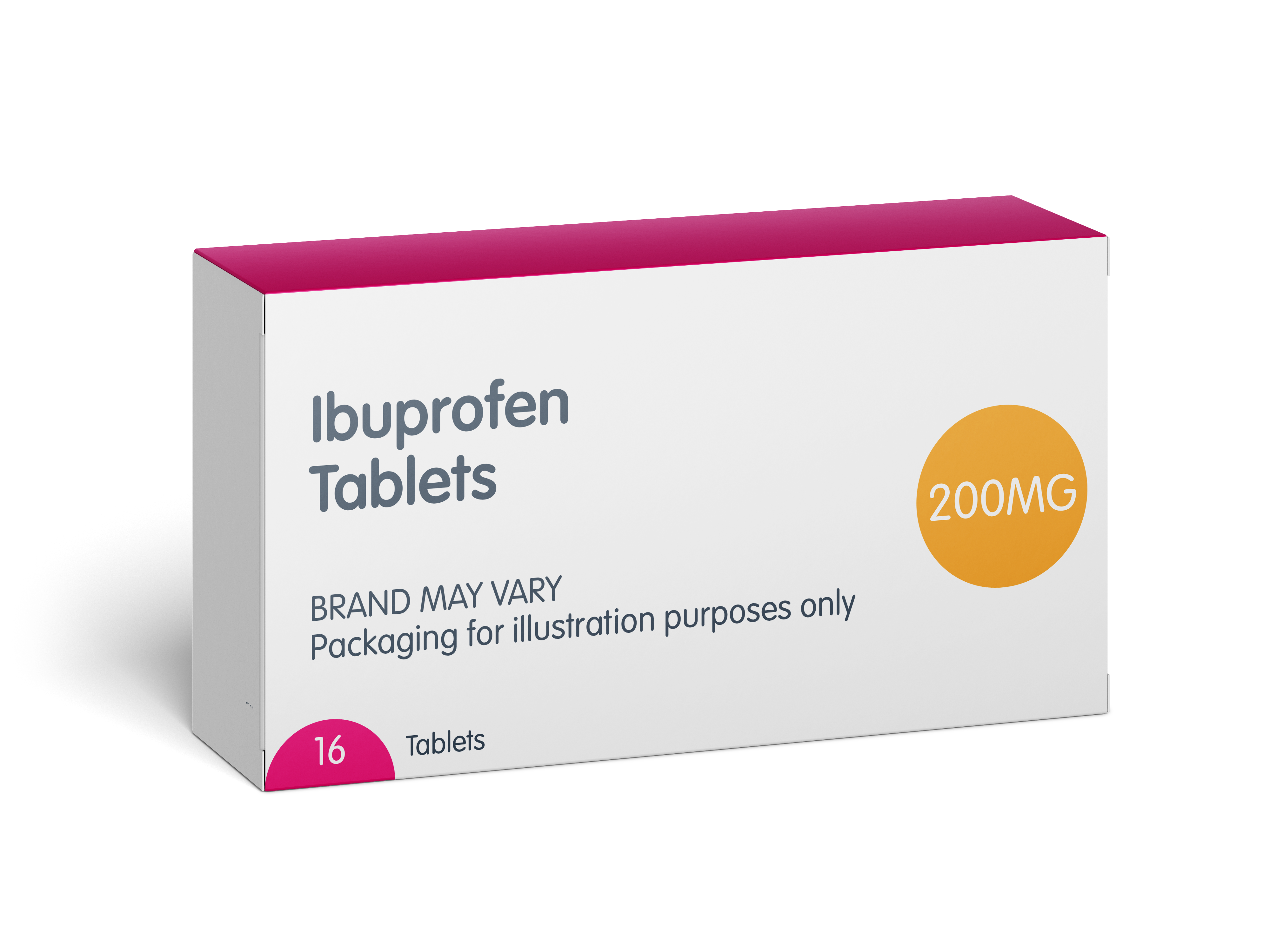
Ibuprofen 200mg – 16 Tablets
Ibuprofen 200mg Tablets are a Non-Steroidal Anti-inflammatory Drug (NSAID) used to reduce inflammation and relieve pain such as period pain, nerve pain, headaches, rheumatic and muscular pain, arthritis, fever, and cold and flu symptoms.
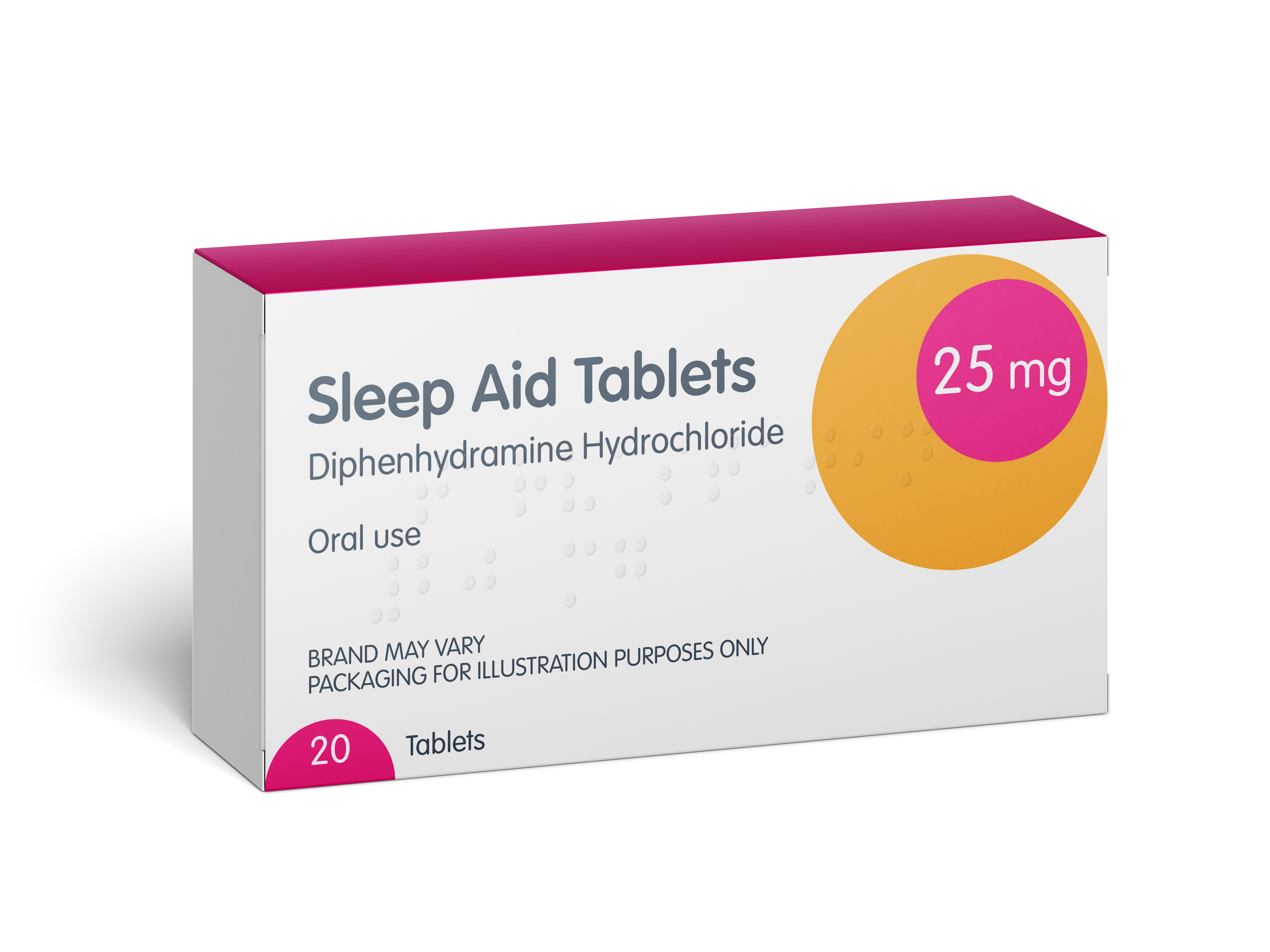
Sleep Aid 25mg – 20 Tablets
Sleep Aid tablets are a medication specifically formulated to help relieve temporary sleeplessness and promote a restful night’s sleep.
Malaria Travel Dos & Don’ts
| Do | Don’t |
|---|---|
| Take antimalarial medications as prescribed, starting before your trip and continuing after it | Don’t rely on herbal remedies or homeopathy |
| Use insect repellent containing DEET | Don’t use electronic ‘buzzers’ |
| Sleep under mosquito nets | Don’t rely on vitamin B1 or B12 |
| Wear protective clothing | Don’t rely on garlic or savory yeast extract spread |
| Seek medical attention immediately if you have symptoms, such as fever | Don’t rely on tea tree oils, bath oils, or citronella |
Main takeaways
- Research malaria risk in your destination at least 8 weeks prior and consult healthcare professionals for personalized advice on preventive measures and medications.
- If traveling to a malaria-endemic area, take prescribed antimalarial medications correctly before and after your trip to significantly reduce the risk of contracting malaria.
- Stay indoors during peak mosquito activity times (dusk to dawn), using repellents, and avoiding stagnant water areas.
- Use insecticide-treated bed nets when staying in malaria areas to create a barrier against mosquitoes while sleeping.
- Be vigilant for malaria symptoms (fever, chills, headache, muscle aches, or fatigue) during and after your trip, seeking prompt medical help if symptoms arise to ensure early diagnosis and treatment.
References
Oaks SC Jr., et al. (1991). Malaria: Obstacles and Opportunities.
Lalloo, D. et al. (2008). Preventing malaria in travellers
White, N. (2013). Pharmacokinetic and Pharmacodynamic Considerations in Antimalarial Dose Optimization
James M. Crutcher and Stephen L. Hoffman. (1996). Medical Microbiology. 4th edition. Chapter 83Malaria
PillSorted
PillSorted is a full service pharmacy that delivers trusted pharmacy products, over-the counter medications, and the prescriptions your doctor recommends, directly to your door. Your PillSorted pharmacist is happy to answer your questions about weight loss and potential treatment options at 0333 4050380 or help@pillsorted.com.
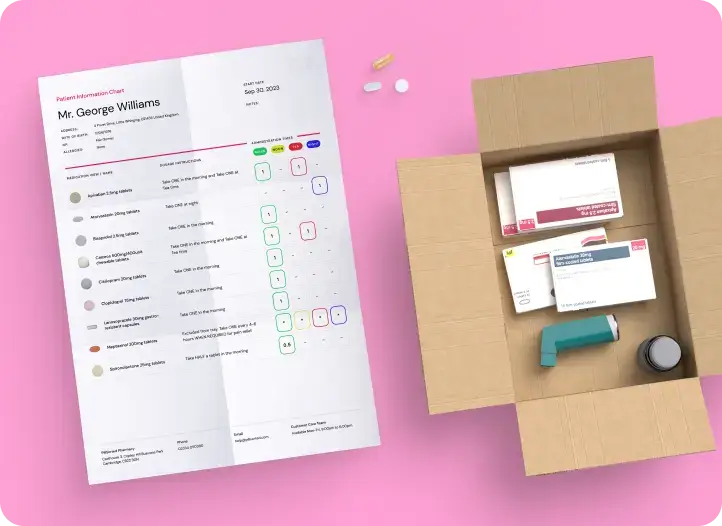
All third-party trademarks (including logos and icons) referenced by PillSorted remain the property of their respective owners. Unless specifically identified as such, PillSorted’s use of third party trademarks does not indicate or imply any relationship, sponsorship or endorsement between PillSorted and the owners of these trademarks.





















